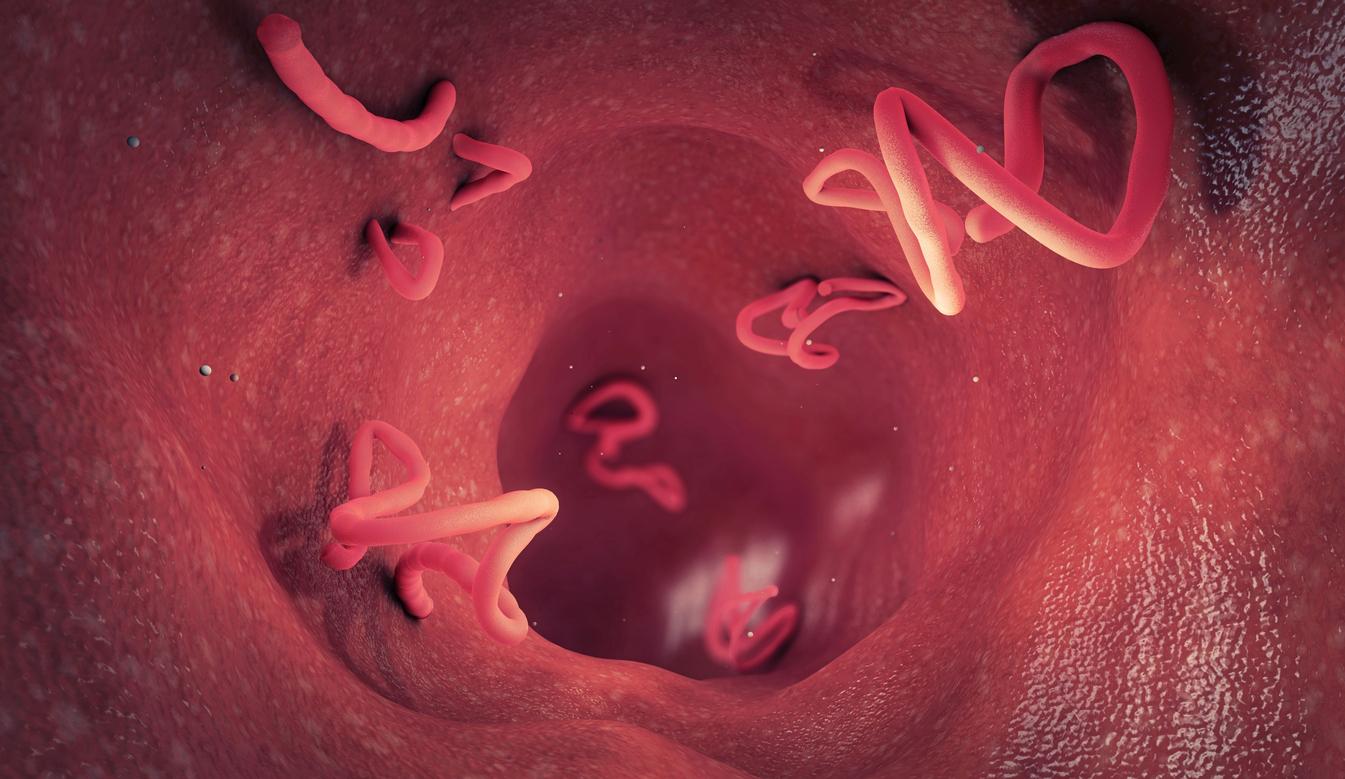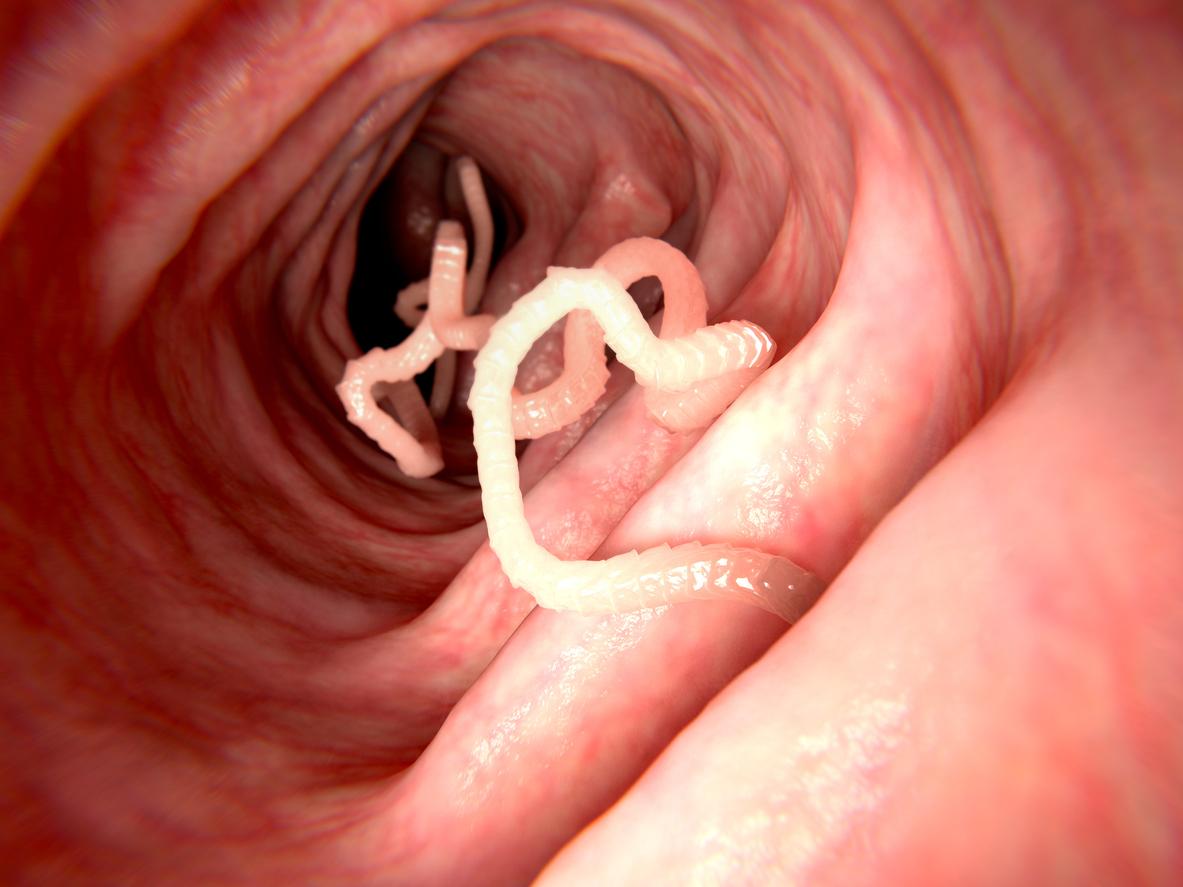Brazilian researchers have developed a PCR test that detects the parasites responsible for visceral leishmaniasis in less than two hours.

- There are different species of parasites that cause leishmaniasis.
- Brazilian scientists have developed a PCR test to detect pathogens causing visceral leishmaniasis, a serious form of the disease.
- This PCR test can be carried out by any laboratory capable of performing RT-PCR tests.
Nearly 700,000 to 1 million new cases of leishmaniasis are recorded each year worldwide. This disease is caused by different parasites of the genus Leishmania, transmitted by the bite of sandflies, flying insects. In the absence of treatment, this pathology causes very disabling, even fatal, skin and/or visceral conditions.
The development of a PCR test to detect parasites of the genus Leishmania
To facilitate the detection of pathogens, in particular those responsible for visceral leishmaniasis, the acute form of the pathology, researchers from the Federal University of São Carlos (Brazil) have developed a PCR test, which delivers a result in less than two o’clock. This work was published in the journal Tropical Medicine and Infectious Disease.
There are different species of parasites responsible for leishmaniasis. As part of this research, scientists focused on the agents Leishmania infantum And Crithidia. HAS the difference from rapid diagnostic tests, which determine antibodies, the Brazilian team designed a PCR test, which, thanks to targeted sequencing of Leishmania infantum And Crithidia, detect these two pathogens.
Visceral leishmaniasis and PCR test: possible laboratory screening
As those responsible for the study explained, it was first necessary to carry out a test to detect the first parasite, then a second to identify the second pathogen. Based on the results, these tests accurately determined and quantified Leishmania infantum And Crithidia in samples obtained in vitro or taken from human hosts as well as dogs, cats and insects.
“While there are other molecular methods to identify species, they require sequencing the DNA of the sample, which is laborious, slow and expensive. Our test analyzes the parasite’s genetic material directly from the vectors and human or animal tissues”, said Sandra Regina Costa Maruyama, author of the study and professor of evolutionary genetics and molecular biology at the Federal University of São Carlos. The test can be carried out by any laboratory capable of carrying out RT-PCR tests, which have been very popular since the Covid-19 pandemic.
















